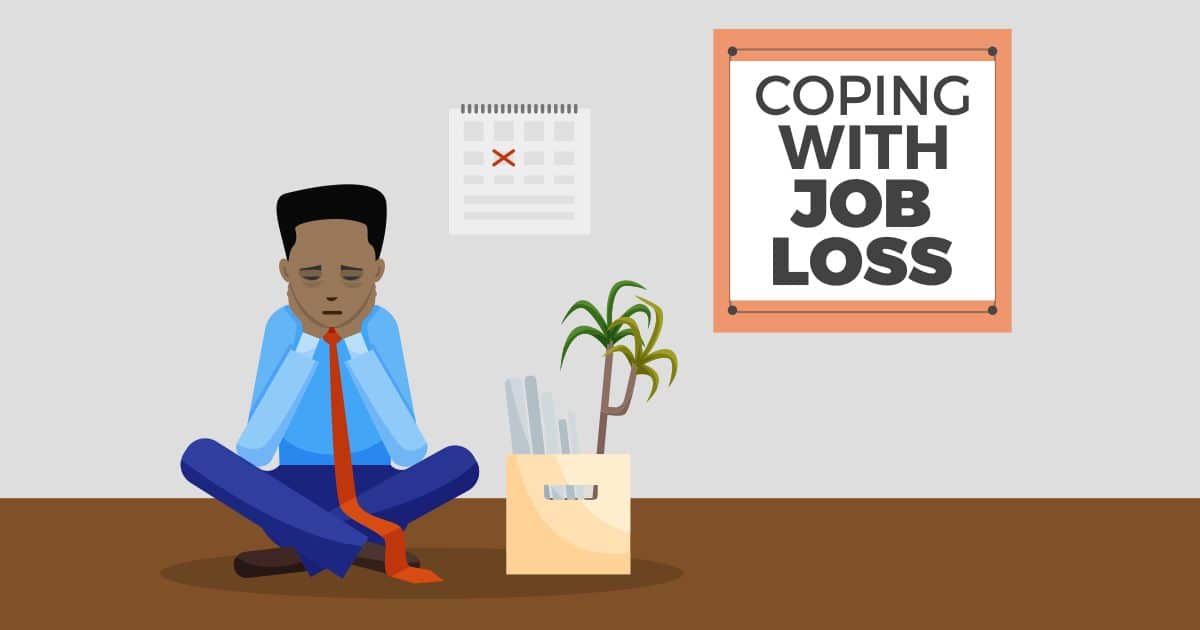
A job loss can happen to anyone. There are several reasons you could lose your job; some can be traced to you and then there are other factors that might be totally beyond your control. Such factors include a company shutting down operations, mergers or downsizing.
Albert Einstein once wrote: “As far as the laws of mathematics refer to reality, they are not certain; and as far as they are certain, they do not refer to reality.” Dealing with career uncertainties like a job loss can actually help you stage a bigger and better comeback in your career.
Did you recently lose a job or know someone who has? In subsequent lines, we will share practical steps to getting your career back on track after a job loss.
Carry Out A Self-Audit
To be sincere, it is okay to grieve after a job loss but once you are done grieving, be prepared to carry out a self-audit.
It is often said that when you know the root-cause of a thing, then it becomes easier to proffer solutions to it. Your job loss phase would certainly leave you demoralised, depressed and unmotivated but this is the time to pause and ask yourself some honest questions.
Why was I sacked? Where did I get it wrong? What could I have done differently? What do I want to do next? When do I start? How do I go about it? These questions will help you think deeply about crucial aspects of your career and guide you towards finding necessary answers and the motivation you need to stand at a better place to work your way back into your career.
Carrying out a career self-audit will help you understand your actions and the decisions that paved the way for your job loss. It also helps you where your career currently stands, what your prospects are and the specific things you need to do to return your career back to the path of growth and development. At this point, you might even realise that what you need is not a similar job to the one you lost but a career change altogether.
Update Your Profile After a Job Loss
A part of what a self-audit of your career helps you accomplish are recognising possible achievements and other details that are not captured on your CV or your profiles on Jobberman and LinkedIn. The moment after a job loss is a great time to update your professional profiles in order to put yourself in a prime position to take advantage of career opportunities when they present themselves. You should remember that hiring managers also search through these profiles when looking for candidates to hire.
Curb Your Spending Culture
To bounce back after a job loss it is important to curb your spending culture and understand you do not have access to your usual monthly stream of income. Yes, you might fortunate to land a job within a very short space of time but by curbing your spending habit, you would have the stability of your funds at the new job before you settle in and start earning again.
Review things like the places you go and things you buy. You should also consider stopping credit purchases especially if you already indulge in it. A total lifestyle change would ensure you don’t run into bankruptcy before your new job comes knocking.
Be Strategic With Your Job Hunt
Get in the mental state of seeing the task of searching for a job as a job and treating it as one. Be strategic, create a schedule to identify what sort of jobs you want to go after as well as the types of companies you want to work with Try out dress rehearsals for interviews before you’re called in for one.
Being strategic with your job hunt will let you prepare for the question, “why were you sacked?” but avoid telling lies when answering this question. Rather, you should be professional with your answer. Communicate more career lessons and positives from your last role rather than focus on the negatives. Attitude is everything!
Check Your Health
A job loss phase can have negative effects on your mental and physical health. You might get to a point where you feel depression setting in. This might even be accompanied by an unhealthy eating habit or even a complete loss of appetite.
Keep your mental and physical health in check, engage in mindfulness, motivation and other physical or positive mental exercises to stay healthy because, as you know, health is wealth and how wealthy you are with your health can impact positively on your ability to land a job.
Surround yourself with positive people who can provide you with a good support system. You should also be open to seeking and receiving professional help.
Look At Your Relationships
It is important to build relationships and provide value to people, colleagues and mentors. The phase of a job loss is a good time to establish communication with your network with the aim of helping you bounce back from the challenge of being without a job. Keying into your relationship with others can help you learn about vacancies in their various organisations via word of mouth, recommendations and more.
It is important, however, to be civil while using your network or relationships to try to land a new job. You should not abuse the opportunity by pestering your friends, former colleagues and other networks you have built over the years.
In conclusion, you can bounce back from a job loss. Do not let the present emotions of fear and uncertainty keep you short-sighted. You might have to upskill, change career paths or stay patient for it to happen. If you commit all to it and prepare yourself, it will definitely happen.






